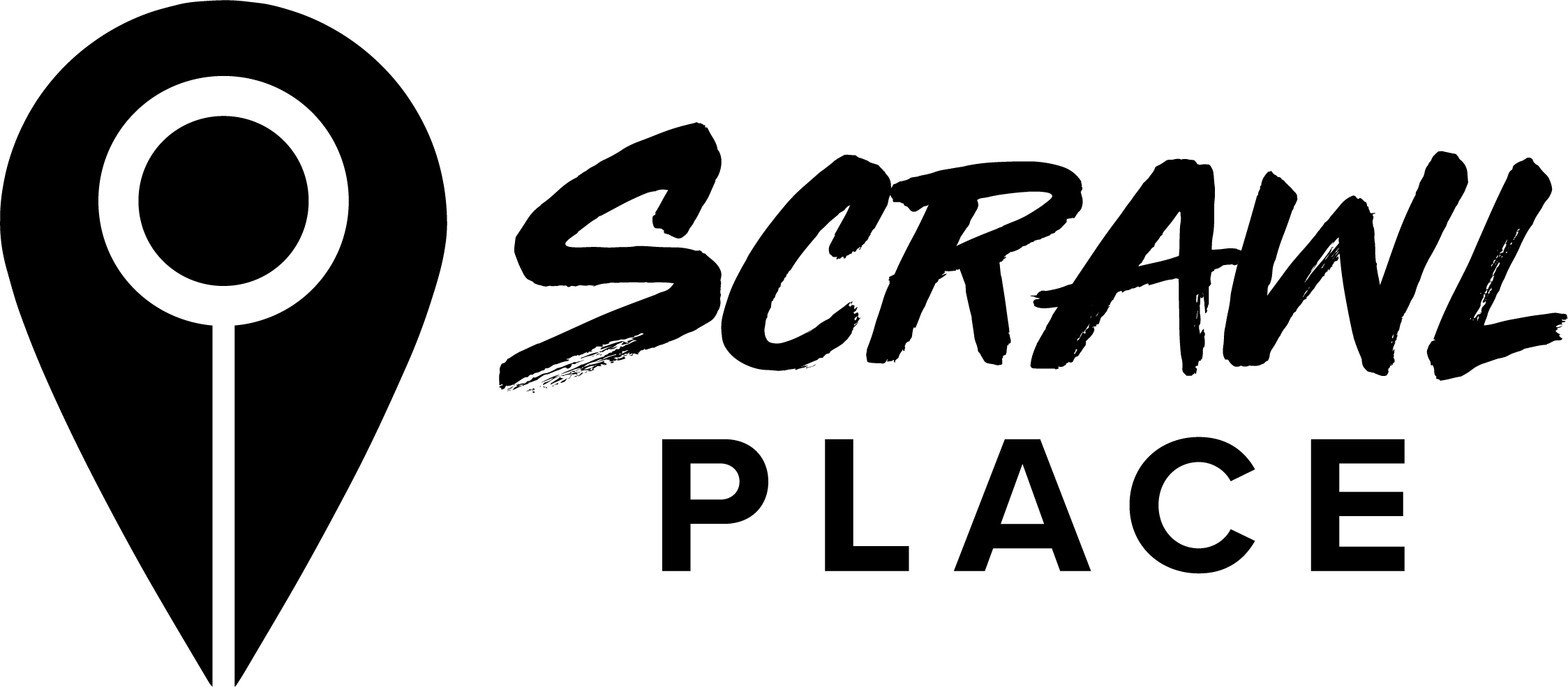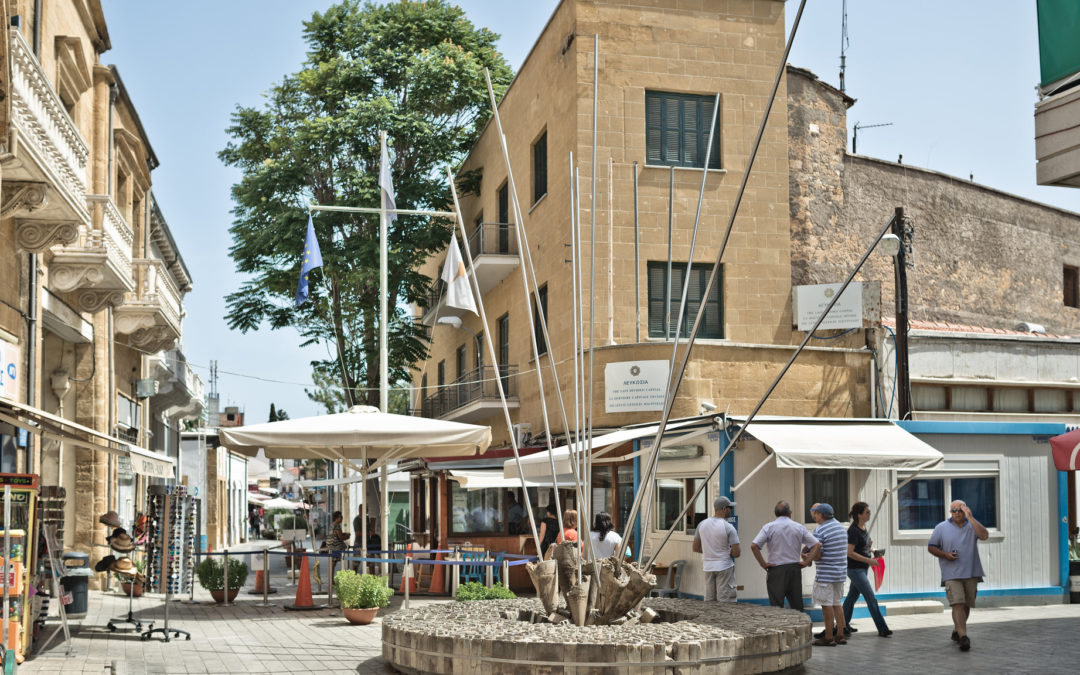Photo: “The Green Line in Nicosia (Cyprus)” by Marco Fieber is licensed under CC BY-NC-ND 2.0
I would like to tell you about the kafenion, about the cat that lived there, and the cheese rinds I fed it. About the coffee-shop owner who was hit by a car, and the tray and glasses and the coffee which flew. These are the less important things.
More importantly, there was a time Ledra street was whole, non-pedestrianised, and we still called Turkish coffee, Turkish. But that was a long time ago.
I can find the spot even now where the coffee-shop owner tried to cross, and the car hit him and the glass and the cups and the coffee flew. He died in hospital later. The tyres screeched, the men gathered round and my father ran out of his shop with a pic-measure in his hand to see if it was me, panic written in his eyes and a pic-measure in his hands, as if to measure the life or death left in the body on the tarmac. I read panic again in my father’s eyes one hot July day, the day I grew up. The day my memory was divided into important and less important things.
Today I walked on Ledra Street and counted the steps from where the kafenion stood, all the way to the checkpoint. It was fifty-two steps. Fifty-two steps to freedom, fifty-two steps to captivity. I can only imagine the other side. My father’s shop hidden in a souk. Labyrinths of spices, hands dripping gold, a tree of idleness, Bellapaix, la belle paix. When the hodja’s voice clings to the clammy summer evenings, I try to imagine his face and weigh the importance of his syllables. What is he asking God, and how carefully is God listening?
I secretly mourned the coffee-shop owner’s death for years. It was my fault he died. “Don’t feed it on the table,” he would say. “Not on the table. A cat has nine, I have only one. If anyone comes in and finds a cat on the table in my kitchen, I will not have any custom. I will not have a life.” And the day he lost his life, he made three coffees on the pale blue flame. The bubbles of the coffee rose and subsided, rose and subsided in the ‘brikki’. He lined up the little cups, filled them, picked up the aluminium tray, that special swaying pyramid of a tray, and left his shop, the cat, and me.
It was my fault. I would like to say this to the sky in the evening, like the hodja: it was my fault. But somehow it doesn’t seem important any more. It sounds silly, even. I had been feeding the cat on the table, when I thought I heard a noise. I took the cat and threw it on the floor. Frightened, it ran into the street and got tangled in his feet. The brakes screeched, too late. So he died, because of me and a stupid cat.
It was in the paper the next day. My father made his lips small enough to pull in the coffee from the little cup, and read – possibly to himself, possibly to my mother: “Andreas Demetriou, 41, killed by driver on Ledra street.” My mother said: “And his wife? And his children? Don’t they ever write about those that are left behind?”
I am now the one left behind. Behind a wall, behind a checkpoint, looking for my father’s shop, looking for my childhood, dismissing a man’s death, mourning the division of a city. Counting the steps to the other side. Wondering where unimportance ends and importance begins.
Nora Nadjarian is a poet and writer from Cyprus. Her poetry and short fiction have been included in various international anthologies, among others Europa 28: Writing by Women on the Future of Europe (Comma Press, 2020) and the 2020 National Flash Fiction Day Anthology (UK). Her short fiction has also appeared in FRiGG, MoonPark Review, Lunate, The Cabinet of Heed and has been placed in the Reflex Fiction international flash fiction competition (2021).

